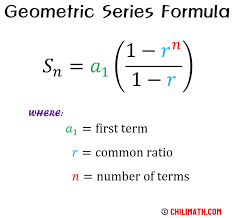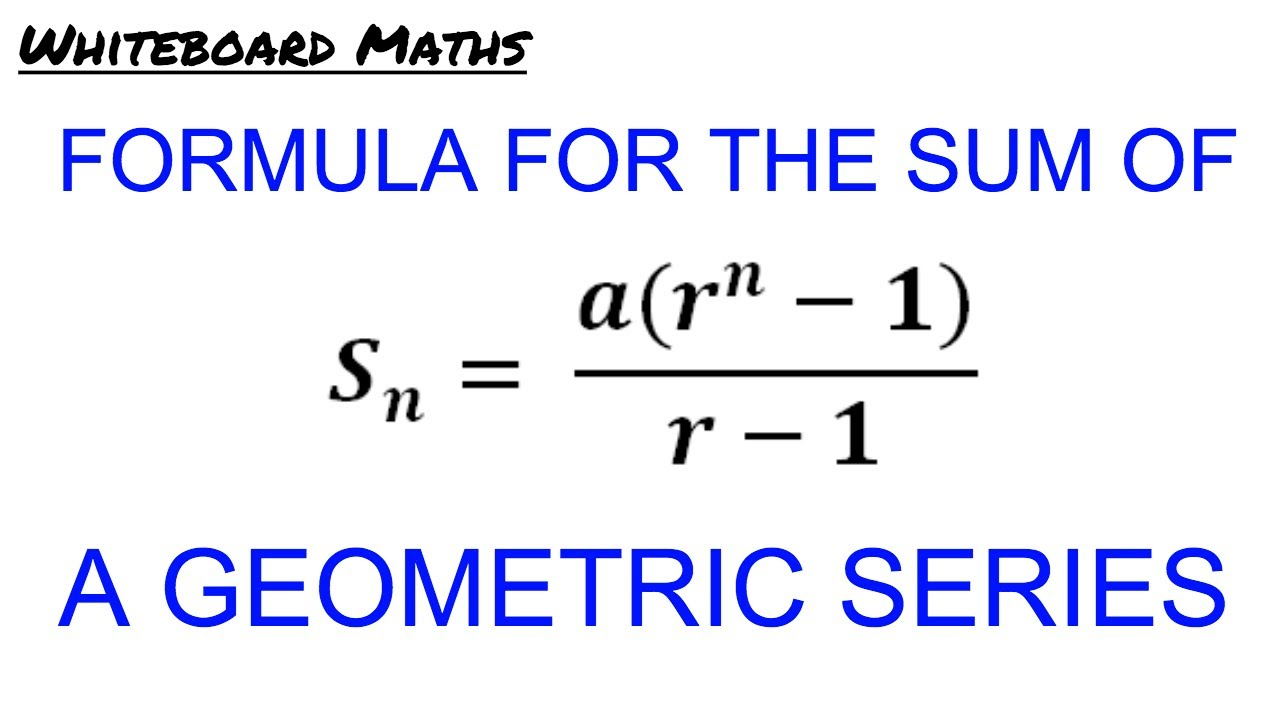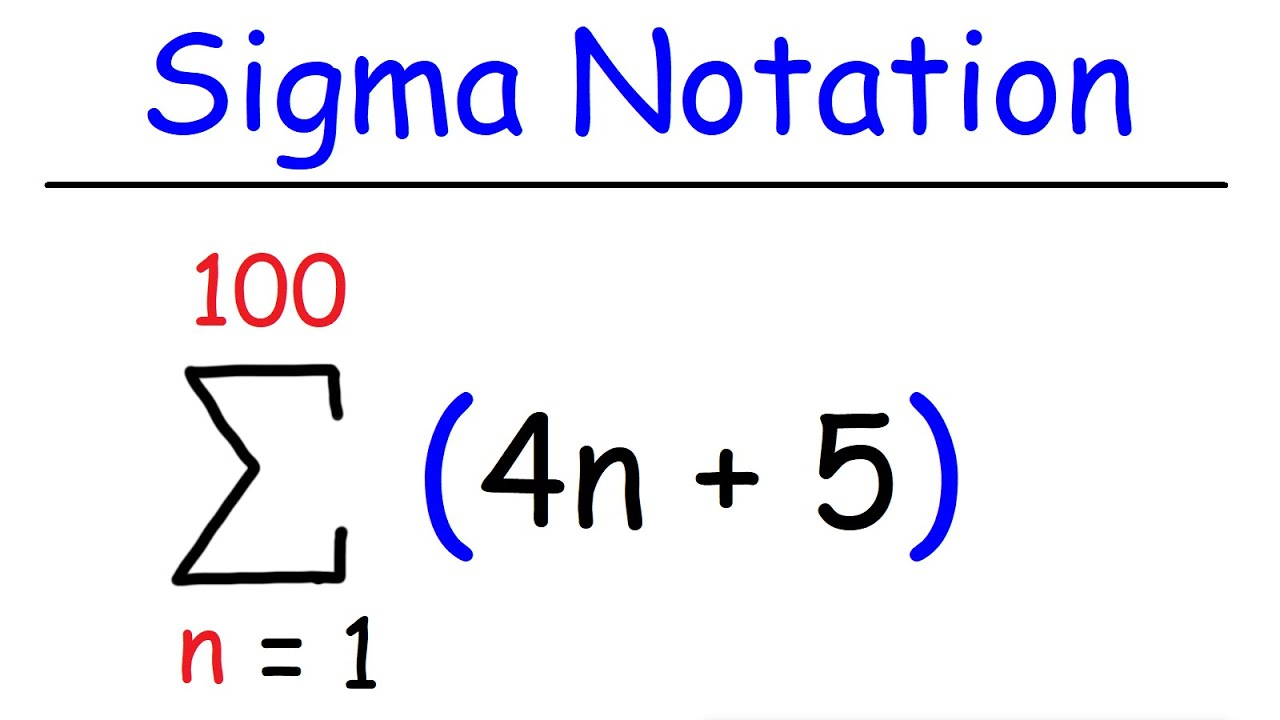3 - sequences and series
1/18
There's no tags or description
Looks like no tags are added yet.
Name | Mastery | Learn | Test | Matching | Spaced |
|---|
No study sessions yet.
19 Terms
whats an arithmetic sequence
a list of numbers with a common difference
formula for arithmetic sequence
a + (n-1)d
whats an arithmetic series
where you add up the numbers in an arithmetic sequence
formula for sum of series
n/2 [2a + (n-1)d]
what’s an easier way of thinking of this formula
(a+(n-1)d) = the last term
SO
its n/2 (first term + last term)
proof for sum of arithmetic series formula
write out Sn in simple terms
a + (a+d) + (a+2d) + … (a+(n-1)d)
write that out backwards, then add the two lists as Gauss’ reversing method stipulates
(2a+(n-1)d) + (2a+(n-1)d) + … (2a+(n-1)d)
simplify the sum by saying its n multiples of (2a+(n-1)d) (because you have to add it n times)
n(2a+(n-1)d)
divide it all by two as Gauss’ reversing method stipulates
n/2 (2a+(n-1)d)
what is a geometric sequence
a list of numbers with a common ratio
what is the formula for the common ratio
r = current term/prev term
formula for a geometric sequence
ar(n-1)
what is a geometric series
when you add the numbers in a geometric sequence
formula for sum of geometric series
.

formula to use to avoid negatives, also for geometric series
.

proof for sum of geometric series
write out Sn in simple terms
a + ar + ar2 + …ar (n-1)
multiply this equation by r
ar + ar2 + ar3 + arn
subtract the second equation from the first one (this works bc everything but the end terms cancel out)
Sn - rSn = a - arn
factorise either side
Sn (1-r) = a (1-rn)
divide both sides by (1-r)
Sn = [a(1-rn)]/[1-r]
formula for sum to infinity of a series
a/(1-r)
when does a series have a sum to infinity
when r is between -1 and 1
we say it converges (tends to a limit) instead of diverges (no limit)
what’s a periodic sequence
repeats over a fixed term
142142142142142
(above example has a period of 3)
explain sigma notation
sigma = sum of…
number above = last ‘n’
number below = first ‘n’
function next to it = function of the series

what’s a recurrence relation
connects one term to the next
eg. un+1 = un + 2
recurrence relation example
fibonnacci